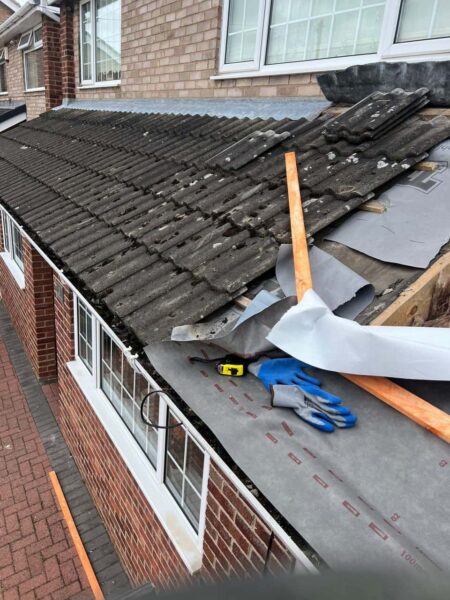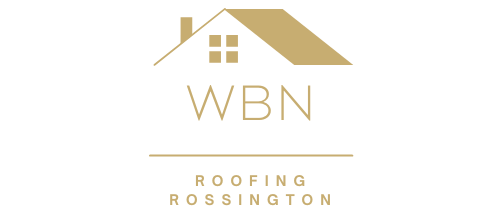The Role of Roof Inspections in Energy Efficiency
Introduction: When we think about energy-efficient homes, we often focus on insulation, windows, and heating or cooling systems. However, one essential element that plays a significant role in a building’s energy efficiency is often overlooked—the roof. In this blog post, brought to you by WBN Roofing Rossington, we will explore the critical role that roof inspections play in enhancing energy efficiency in your home or commercial building.
Understanding Energy Efficiency
Energy efficiency is the efficient use of energy to achieve a desired result while minimising waste. In the context of buildings, it means using less energy to provide the same level of comfort and functionality. Energy-efficient buildings reduce energy consumption, lower utility bills, decrease greenhouse gas emissions, and contribute to a more sustainable future.
The Roof’s Impact on Energy Efficiency
Your roof is more than just a protective covering; it plays a vital role in the energy performance of your building. Here’s how the roof affects energy efficiency:
- Insulation: A well-insulated roof prevents heat transfer between indoor and outdoor spaces. Proper insulation helps maintain a comfortable indoor temperature year-round, reducing the need for excessive heating or cooling.
- Solar Reflectance: Roof materials with high solar reflectance (reflecting sunlight) and high thermal emittance (releasing absorbed heat) can keep your building cooler in hot weather. This reduces the demand for air conditioning and lowers energy costs.
- Ventilation: Proper roof ventilation helps regulate indoor temperatures by allowing heat to escape during hot weather and preventing moisture buildup during cold weather. Effective ventilation contributes to a balanced indoor climate.
- Leak Prevention: A well-maintained roof with no leaks ensures that rainwater stays out and prevents moisture-related issues. Dampness can increase energy use and compromise indoor air quality.
The Role of Roof Inspections
Regular roof inspections are a critical component of maintaining an energy-efficient building. Here’s how roof inspections contribute to energy efficiency:
- Identifying Insulation Issues: Roof inspectors can assess the condition of insulation materials in your roof. If insulation has deteriorated or been damaged, it can be replaced or improved to maintain energy efficiency.
- Detecting Roof Leaks: Inspectors can identify and address leaks promptly. Leaks lead to energy waste and cause structural damage and mould growth if left unattended.
- Evaluating Ventilation: Roof inspectors can assess the effectiveness of ventilation systems. Proper ventilation ensures that your attic or roof space stays at an optimal temperature, reducing the load on your HVAC system.
- Roof Material Assessment: Inspectors can evaluate the condition and reflectance of roofing materials. They can recommend reflective roofing materials to improve solar reflectance and reduce cooling needs if necessary.
- Storm Damage Detection: Roof inspections can uncover hidden damage after severe weather events. Repairing storm-related damage promptly prevents further energy losses.
Conclusion: Roof inspections are not just about checking for leaks or wear and tear; they are integral to your home’s or commercial building’s energy efficiency. By addressing insulation, ventilation, solar reflectance, and leaks, roof inspections help reduce energy consumption, lower utility bills, and contribute to a more sustainable and comfortable living or working environment.
Call us on: 01302 490 892
Click here to find out more about WBN Roofing Rossington
Click here to complete our contact form and see how we can help with your roofing needs.

